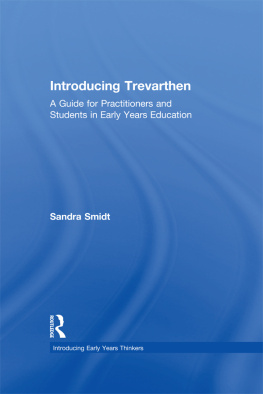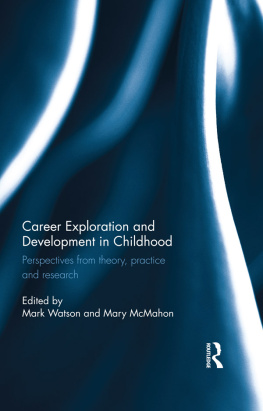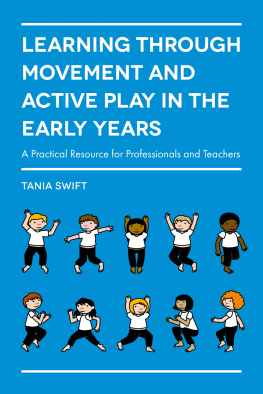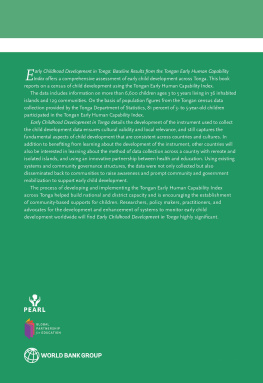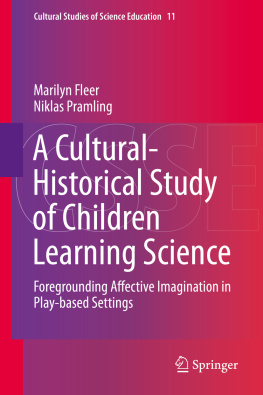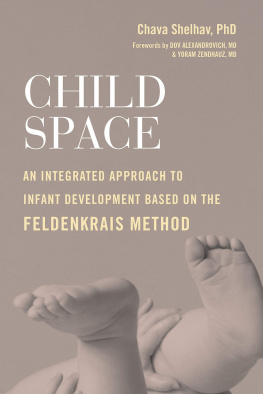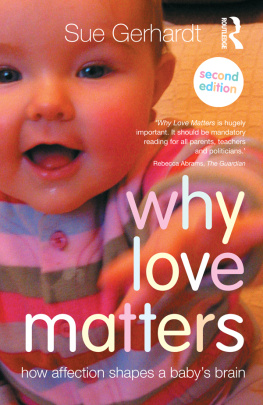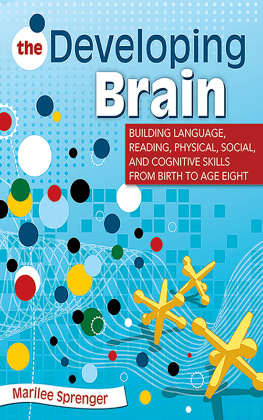Colwyn Trevarthens seminal work has earned him a place alongside the most prestigious thinkers, writers and researchers into human development. He is universally acknowledged as the pre-eminent expert on foetal, neonatal and early childhood development. Sandra Smidt examines the impact of his scientific training, linked to his interest in how filmed episodes of mother or father/baby interactions might inform his understanding about early sociocultural development, encouraging us to view the human infant with fresh eyes and realise how purposive human behaviour is from the start. His interest in and collaborations with others introduce the reader to the idea of communicative musicality, which, together with physical movement, lead the child to acquiring language. This book focuses on the earliest years of life and makes complex ideas accessible and applicable to a range of settings.
As well as providing a glossary of key terms and an introduction to the life and work of Trevarthen, the book is split into three parts: From foetus to neonate, The remainder of the fi rst year of life and From one to three. Each part offers case studies, practical examples, draws on recent research evidence and includes helpful pointers for students labelled Think about this. This essential guide to his work will be of interest to professionals working with children in early childhood settings and to undergraduate students training to become early childhood professionals.
Introducing Early Years Thinkers
Series editor: Sandra Smidt
For more information about this series please visit: www.routledge.com/Introducing-Early-Years-Thinkers/book-series/IEYT
Introducing Bronfenbrenner
Hayes, OToole and Halpenny
Introducing Bruner
Smidt
Introducing Freire
Smidt
Introducing Malaguzzi
Smidt
Introducing Piaget
Halpenny and Pettersen
Introducing Trevarthen
Smidt
Introducing Vygotsky
Smidt
First published 2018
by Routledge
2 Park Square, Milton Park, Abingdon, Oxon OX14 4RN
and by Routledge
711 Third Avenue, New York, NY 10017
Routledge is an imprint of the Taylor & Francis Group, an informa business
2018 Sandra Smidt
The right of Sandra Smidt to be identified as author of this work has been asserted by her in accordance with sections 77 and 78 of the Copyright, Designs and Patents Act 1988.
All rights reserved. No part of this book may be reprinted or reproduced or utilised in any form or by any electronic, mechanical, or other means, now known or hereafter invented, including photocopying and recording, or in any information storage or retrieval system, without permission in writing from the publishers.
Trademark notice: Product or corporate names may be trademarks or registered trademarks, and are used only for identification and explanation without intent to infringe.
British Library Cataloguing in Publication Data
A catalogue record for this book is available from the British Library
Library of Congress Cataloging in Publication Data
Names: Smidt, Sandra, 1943- author.
Title: Introducing Trevarthen : a guide for practitioners and students
in early years education / Sandra Smidt.
Description: Abingdon, Oxon ; New York, NY : Routledge, 2018. |
Series: Introducing early years thinkers
Identifiers: LCCN 2017015287| ISBN 9781138221048 (hardback) |
ISBN 9781138221055 (pbk.) | ISBN 9781315411293 (ebook)
Subjects: LCSH: Early childhood education--Psychological aspects. |
Developmental psychology. | Trevarthen, Colwyn.
Classification: LCC LB1139.23 .S645 2018 | DDC 372.21--dc23
LC record available at https://lccn.loc.gov/2017015287
ISBN: 978-1-138-22104-8 (hbk)
ISBN: 978-1-138-22105-5 (pbk)
ISBN: 978-1-315-41129-3 (ebk)
Typeset in Bembo
by Saxon Graphics Ltd, Derby
Contents
Guide
In writing this book I have had many interesting and relevant informal discussions and interactions with and from members of my family and my friends. Hazel Abel shared with me episodes in the development of her grandson, born as I started writing this book and now having already had his first birthday as the book faces publication. Jonathan Miller who knows more about communication and gesture than anyone else I know, talked to me about what he had been reading and introduced me to the work of Susan Goldin-Meadow. And my thanks go to Jess Buckle, David Mindel, Stella Mindel and Hannah Gardiner for permission to use the photographs in this book. Also, of course to Colwyn himself who read the book and made detailed suggestions in his careful and critical reading of it.
Almost a year ago I decided to approach Colwyn Trevarthen, Emeritus Professor at the University of Edinburgh to ask if he would agree to me writing a book about his work. When I told him that the book would become the seventh in a series of books about great thinkers in the field of early childhood including Lev Vygotsky and Jerome Bruner he said he would be honoured to be in such august company. So I duly made my way to Edinburgh to spend a day with him. This book is the first one in this series to be dedicated specifically to the development of babies and toddlers. It is in this arena that his work has become known throughout the world. It tells us the story of how the human infant makes herself part of her family, community and culture through her intentional interactions with others. Trevarthen is primarily an evolutionary biologist and neuropsychologist, a philosopher and scientist, and his written work is scholastic and academic. Film plays an important part in his life and work and the illustrative use of film clips in his presentations and online reveals him as a warm and approachable man with a sense of humour, a passionate interest in babies and toddlers and a whimsical way of creating titles for his published papers. Trevarthen, unlike the thinkers discussed in other books in the Introducing Early Years Thinkers series like Piaget, Vygotsky, Bruner and others says that he is not particularly interested in cognition but rather in conation . If you dont know what that means dont worry: the language he uses in his academic writing is often very specialised and for that reason you will find a glossary of unfamiliar words after this Preface. Conation, as you will see, means having to do with intentions. Trevarthen is more interested in what human infants purposefully do in order to be part of the worlds of others than in how they are learning facts. He also says that he loses interest in babies once they start to speak because then they become like everyone else, a talker who shares, and argues about, conventional ideas! So this book will be different from the others in the series in the following small ways:
- It is written for those involved with babies and toddlers who automatically include those caring for and interacting with them in and away from the home parents, grandparents, carers, practitioners, teachers and early years professionals.
- It invites you, the reader, to sometimes access Trevarthens work online following a link or using your browser. There you can find brief film clips he uses to illustrate the points he is making or listen to and see his online presentations. I really recommend that you do this because it brings his work to life. Some of these are on YouTube.

